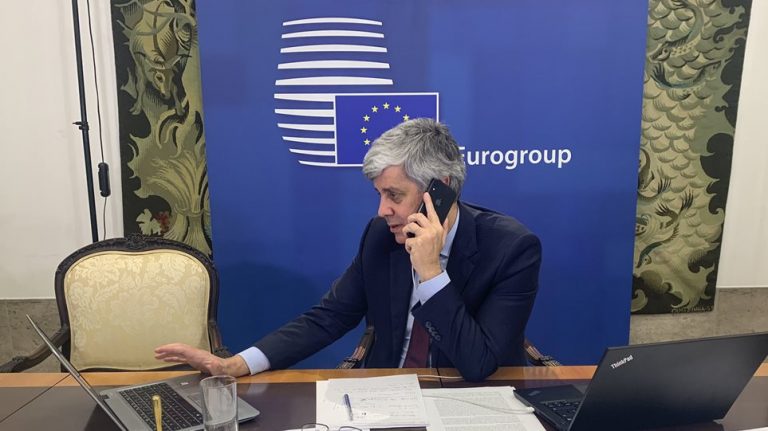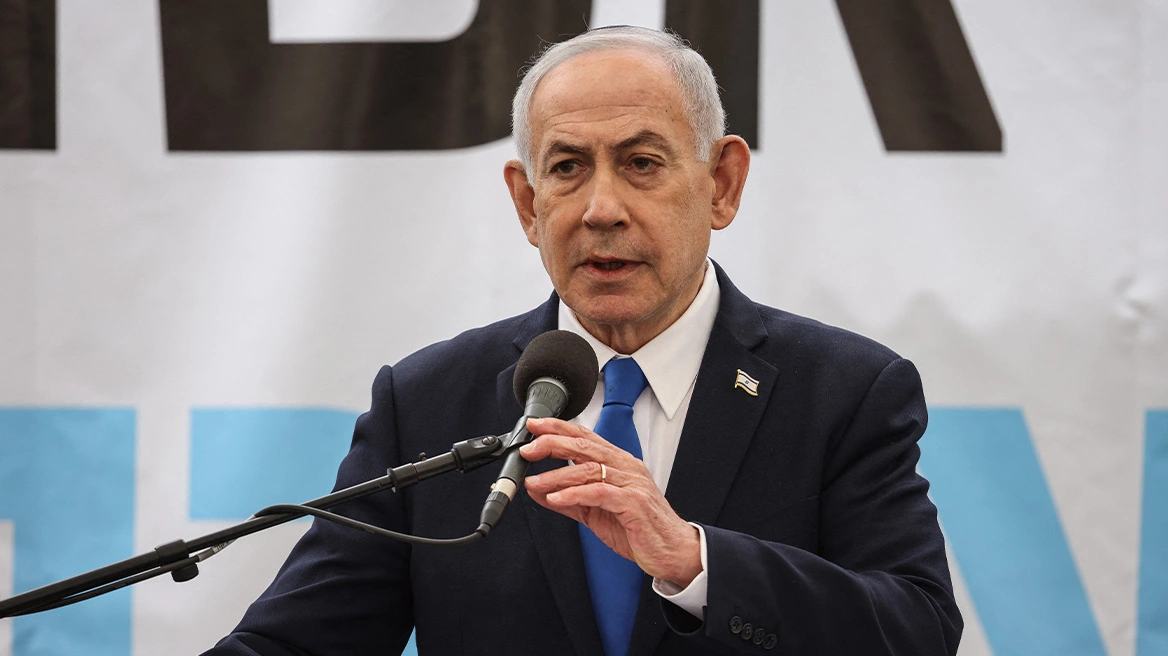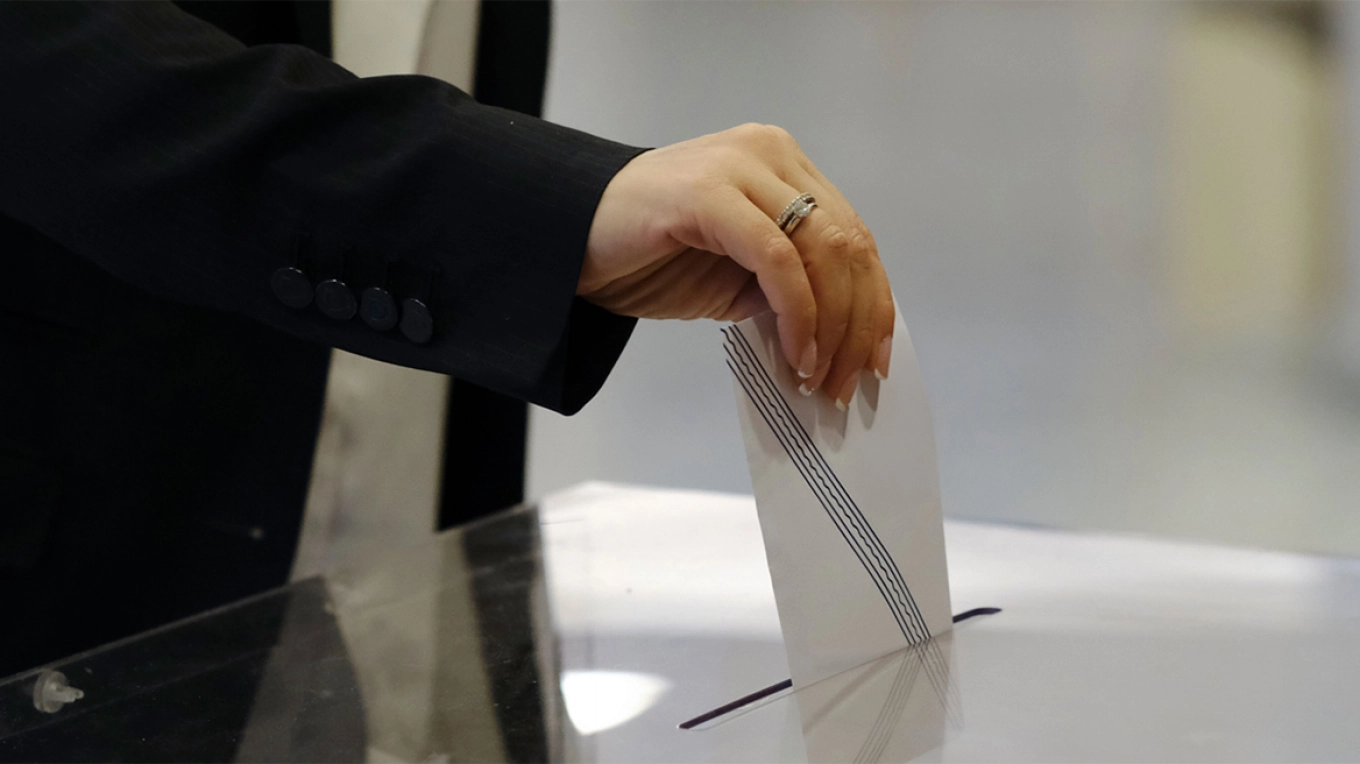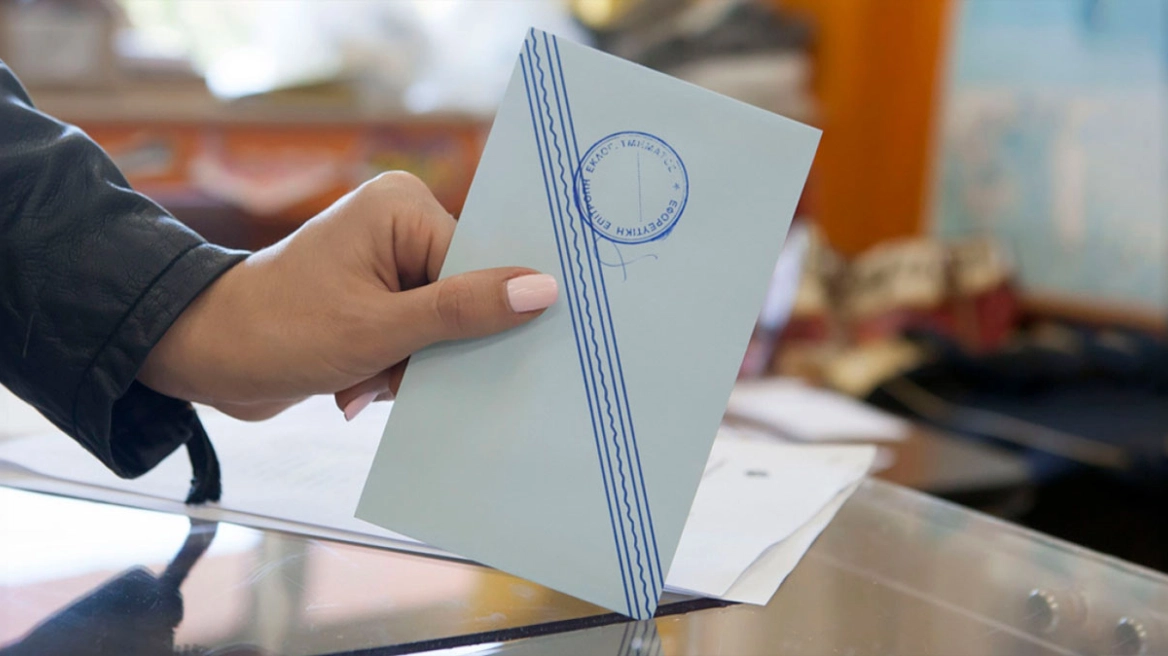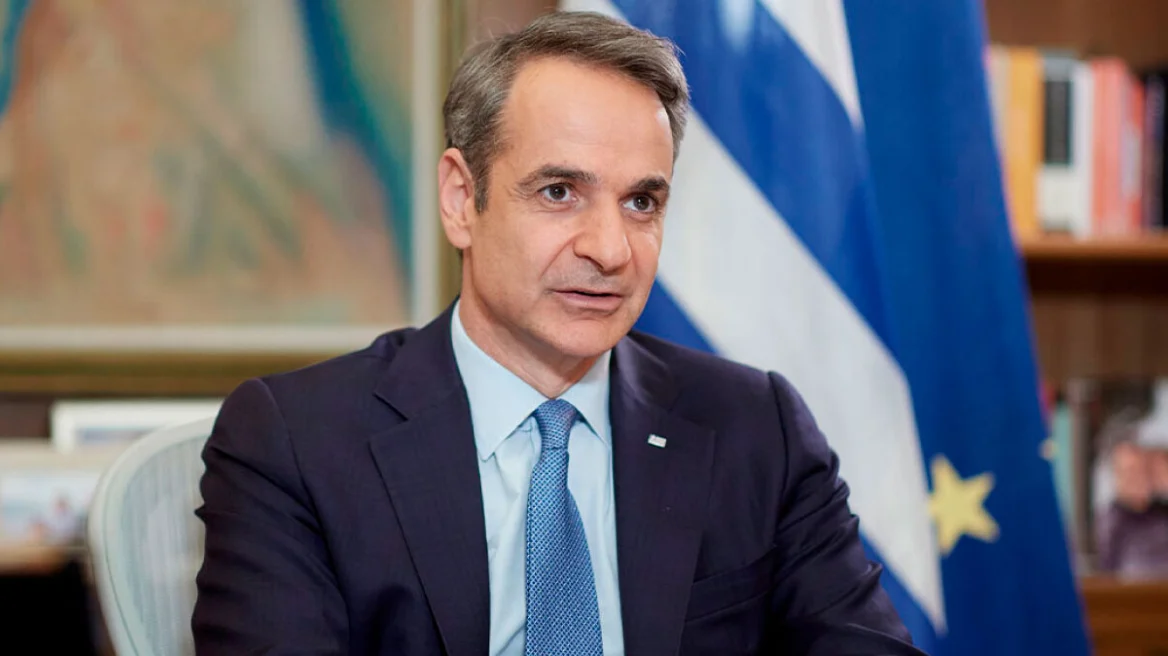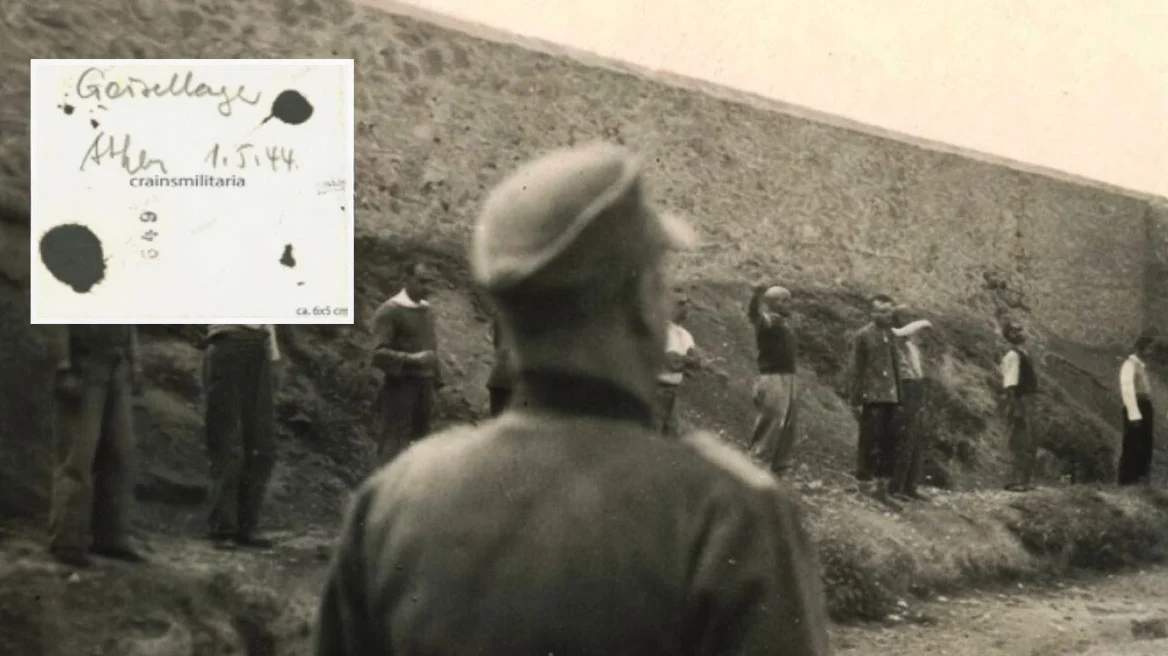After 16 hours of talks at the EuroGroup via teleconference the Finance Ministers of the Eurozone were unable to to reach an agreement on the measures to combat the Covid-19 pandemic. The President of body, Mario Centeno tweeted out he suspended the meeting after the fallout, adding it would resume tomorrow Thursday.
“After 16h of discussions we came close to a deal but we are not there yet.
I suspended the #Eurogroup & continue tomorrow, thu.
My goal remains: A strong EU safety net against fallout of #covid19 (to shield workers, firms &countries)& commit/ to a sizeable recovery plan”
The main sticking point, as expected, revolved around the guarantees of the European Stability Mechanism (ESM) for the countries that would like to use their funds to deal with the crisis, as well as the reports for some kind of debt sharing.
Italy remained adamant on its demand for a Euro-bond, while the Netherlands and Germany did not seem convinced for the necessity of the financial tool. Spain, which until the last moment had agreed with Italy on the issuance of a coronavirus bond, decided to change its stance and follow France, which is demanding, though not so strongly, the creation of an ad hoc fund for the public expenditures that will in any case be justified by the crisis of the new virus, reaching up to 3% of the EU’s GDP which could raise the necessary funds through a special purpose vehicle (SPV) and then could to be used by the Central Central Bank.
Italy, which has been devastated from the Covid-19 outbreak has called for the EU to prove its solidarity and adopt a plan that would mutualise the financial burden of dealing wth the crisis by issuing a common bond, with the countries in the north part of the continent, led by Germany and the Netherlands arguing that every member state should take responsibility for their own planning and were unwilling to shoulder any costs.
Pundits believe the pandemic outbreak is a blow to the EU as it reveals an ever-growing rift within the EU structure, as it is one more piece of evidence that in times of crises every members state is more interested in its own national interests than showing solidarity to other states.
Ask me anything
Explore related questions
